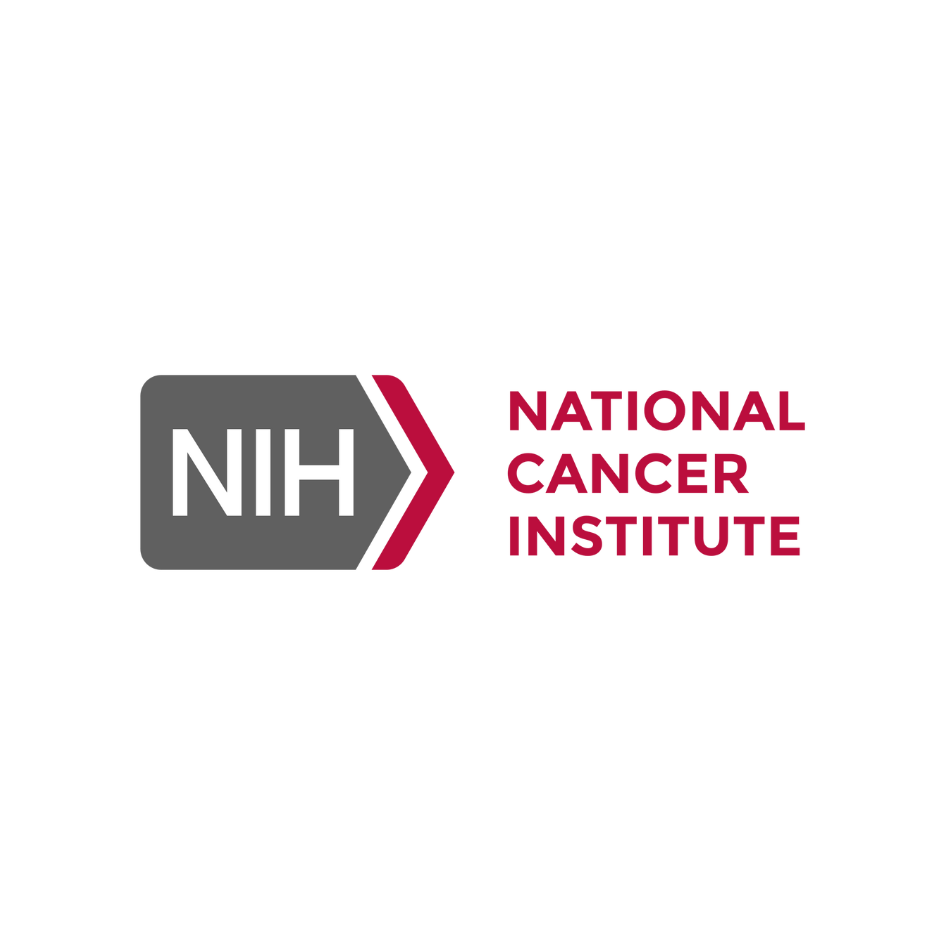Newly Diagnosed with Anal Cancer?
start your cancer education here
Vital to helping you understand your anal cancer and manage your care is keeping track of important phone numbers, treatment history, side effects, and laboratory results, such as your complete blood count (CBC). Use these tools to help organize this information so you can be an active participant in your cancer care. Keep them handy for use at home and bring them along to your doctor visits and other medical appointments.
What is Anal Cancer?
Anal cancer is a disease in which malignant (cancer) cells form in the tissues of the anus. Being infected with the human papillomavirus (HPV) can affect the risk of developing anal cancer. Possible signs of anal cancer include bleeding from the anus or rectum or a lump near the anus. Tests that examine the rectum and anus are used to detect (find) and diagnose anal cancer. Certain factors affect the prognosis (chance of recovery) and treatment options.
The anus is the end of the large intestine, below the rectum, through which stool (solid waste) leaves the body. The anus is formed partly from the outer, skin layers of the body and partly from the intestine.
Two ring-like muscles, called sphincter muscles, open and close the anal opening to let stool pass out of the body. The anal canal, the part of the anus between the rectum and the anal opening, is about 1½ inches long.
The skin around the outside of the anus is called the perianal area. Tumors in this area are skin tumors, not anal cancer.
Feel prepared for every appointment
Carrying the right information can empower you during your cancer care journey. Use these tools to help organize this information so you can be an active participant in your cancer care.
Keep them handy for use at home and bring them along to your doctor visits and other medical appointments.










